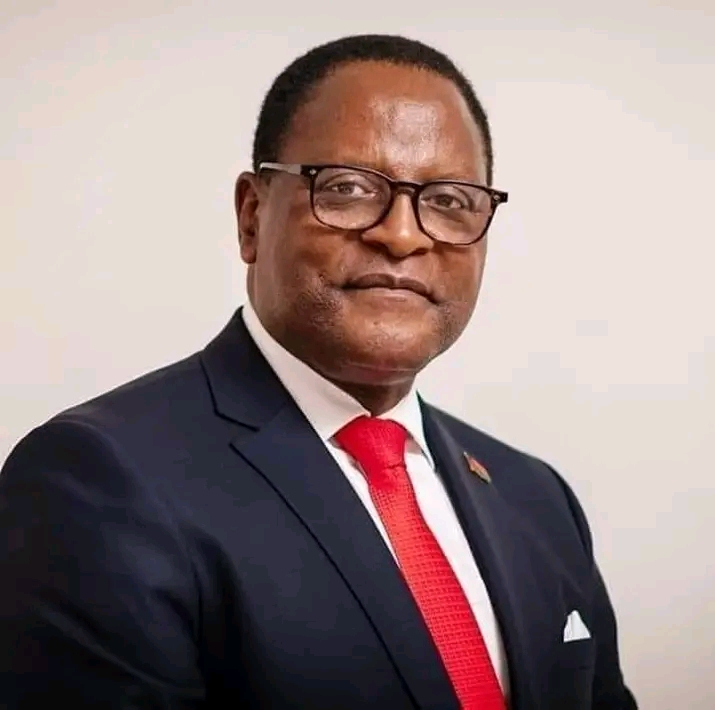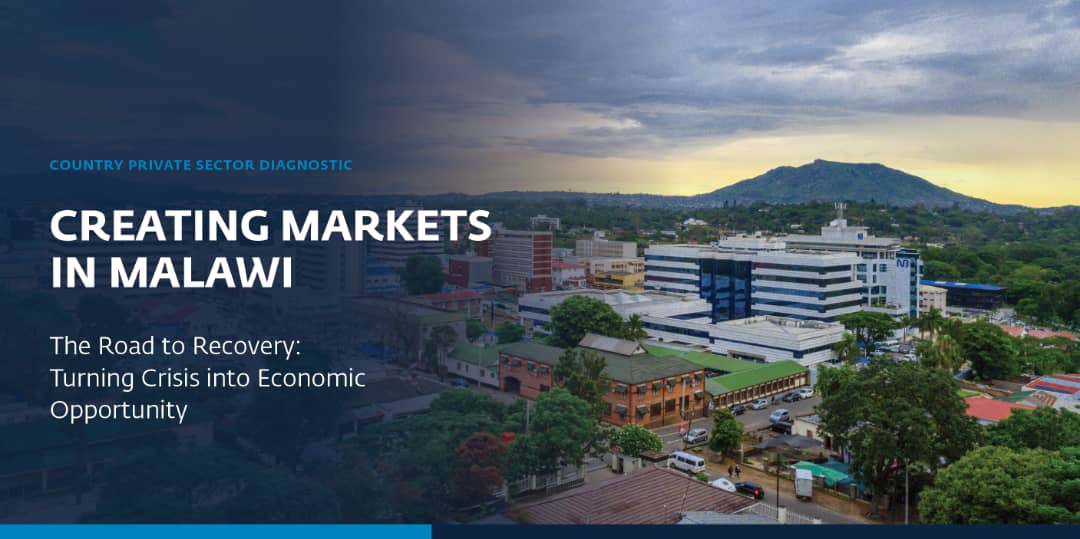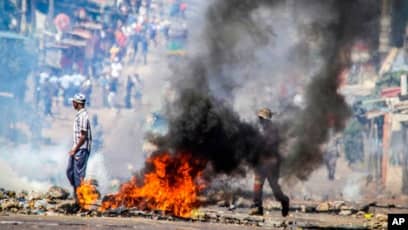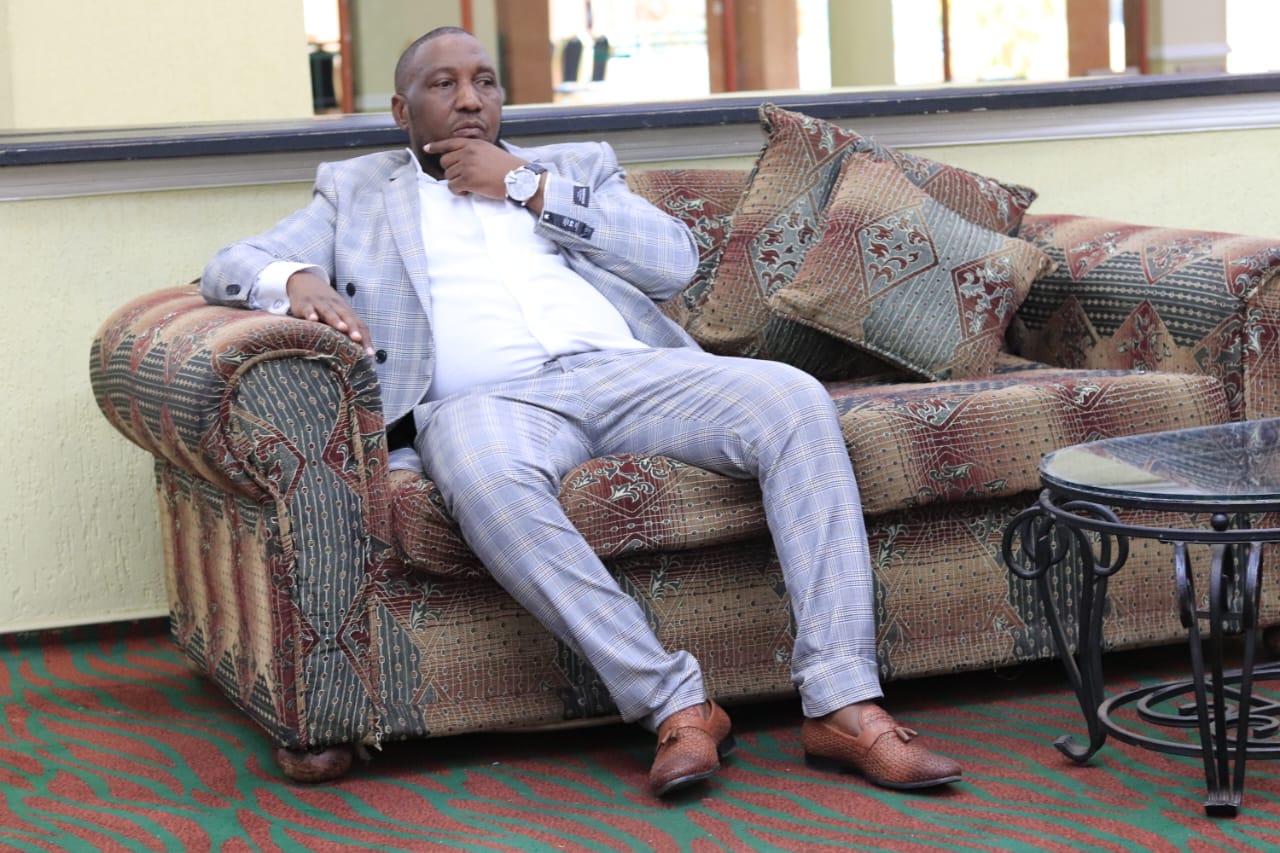By Jones Gadama
In a shocking revelation that has sent ripples through the political landscape of Malawi, President Lazarus Chakwera has openly expressed his willingness to adopt an iron-fisted approach to governance, citing the controversial leadership style of the late Kamuzu Banda as his inspiration.
During a recent address, Chakwera acknowledged the violent tactics employed by Banda to suppress dissent, stating that he does not regret the past actions of the former president, which included the killing of political opponents.
Chakwera’s remarks come at a time when Malawi is grappling with political instability and economic challenges.
The president’s comments have raised eyebrows, particularly among human rights advocates and opposition leaders, who fear that a return to authoritarianism could undermine the democratic gains made since the end of Banda’s regime in 1994.
“I am ready to be like Kamuzu Banda,” Chakwera declared, emphasizing that he believes the best way to lead Malawi successfully is through an iron fist. “I know he killed people because they opposed his rule, and while I won’t comment much on that, I understand the necessity of strong leadership in times of crisis.”
The president’s comments reflect a growing frustration with the Democratic Progressive Party (DPP), the main opposition party, which he accused of attempting to undermine his administration.
Chakwera’s disdain for the DPP was palpable as he vowed to ensure that the party does not regain power.
“Malawi does not need Mutharika or the DPP. I will not accept their return to power,” he asserted, signaling a willingness to take drastic measures to maintain his grip on the presidency.
Chakwera’s embrace of Banda’s authoritarian tactics has drawn sharp criticism from various quarters.
Human rights organizations have expressed concern that such rhetoric could lead to a resurgence of political violence and repression in Malawi.
“This is a dangerous path for any leader to take,” said a spokesperson for the Malawi Human Rights Commission adding that, “We have fought hard to build a democratic society, and any inclination towards dictatorship is a step backward.”
Political analysts have also weighed in on Chakwera’s statements, suggesting that his comments may be a reflection of his desperation to consolidate power amid growing discontent with his administration.
“Chakwera is clearly feeling the pressure,” said Dr. Grace Chirwa, a political scientist at the University of Malawi.
“His government has faced numerous challenges, including economic hardships and public protests.
By invoking Banda’s legacy, he may be trying to rally support among those who believe in strong leadership, but it could backfire.”
The president’s remarks have also reignited discussions about the legacy of Kamuzu Banda, who ruled Malawi with an iron fist for 30 years.
Banda’s regime was marked by widespread human rights abuses, including the imprisonment and execution of political opponents.
While some Malawians remember Banda for his role in developing the country’s infrastructure, many others view his rule as a dark chapter in the nation’s history.
Chakwera’s comments have prompted calls for accountability and transparency in governance.
Opposition leaders have urged the president to focus on addressing the pressing issues facing the country, such as poverty, unemployment, and corruption, rather than resorting to authoritarian measures.
“Malawi needs a leader who listens to the people, not one who threatens them,” said DPP spokesperson, Shadrick Namalomba. “Chakwera should remember that he was elected to serve the people, not to rule them with fear,” he added.
As the political climate in Malawi continues to evolve, Chakwera’s willingness to adopt an iron-fisted approach raises critical questions about the future of democracy in the country.
With the specter of Banda’s legacy looming large, many Malawians are left wondering whether their president will prioritize the principles of democracy and human rights or succumb to the allure of authoritarianism.
In the coming weeks, it will be crucial to monitor how Chakwera’s administration responds to the backlash from his controversial statements and whether he will take steps to reassure the public of his commitment to democratic governance.
The eyes of the nation are on him as he navigates this precarious political landscape, with the hope that he will choose a path that honors the sacrifices made for democracy in Malawi.




